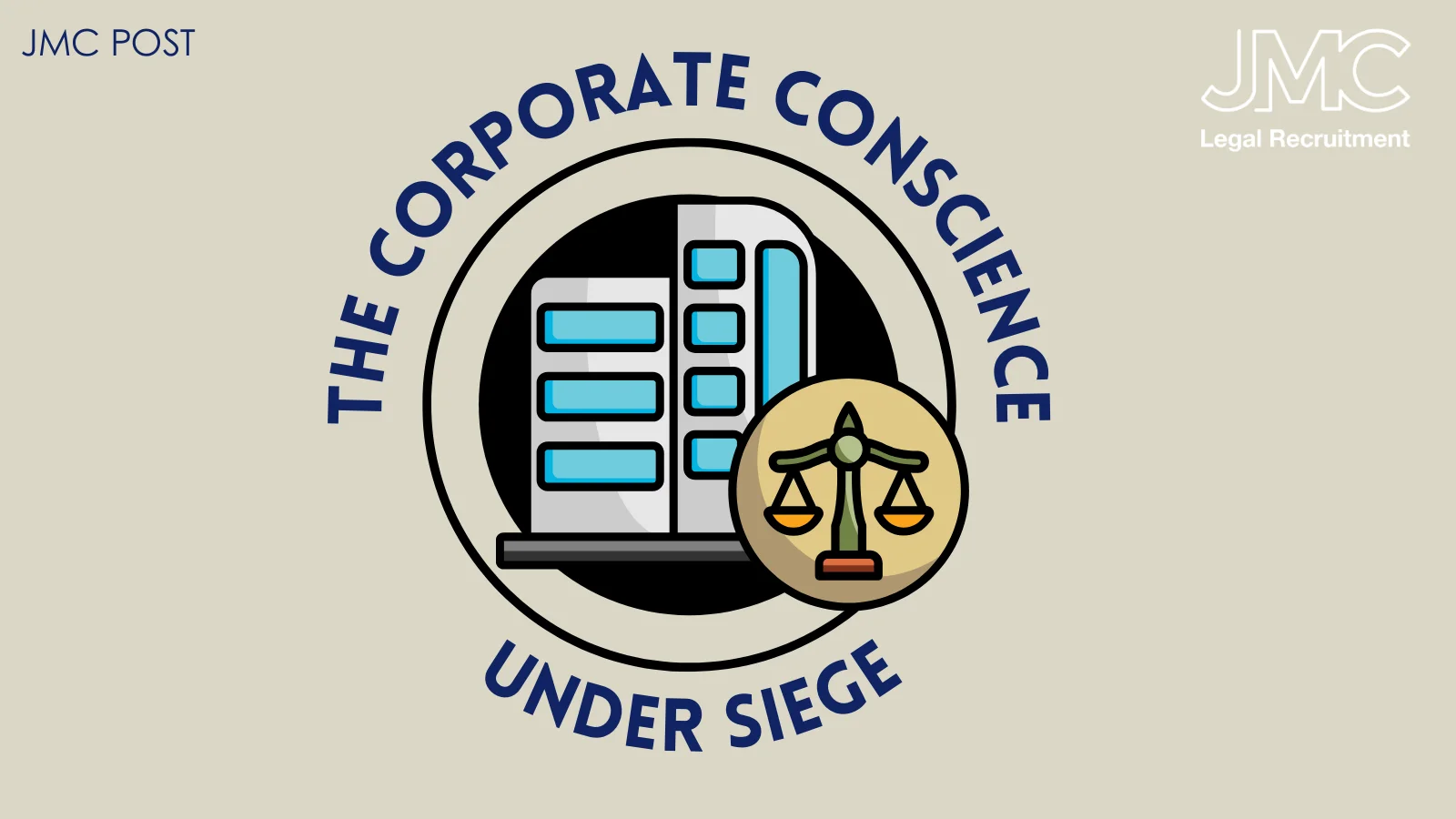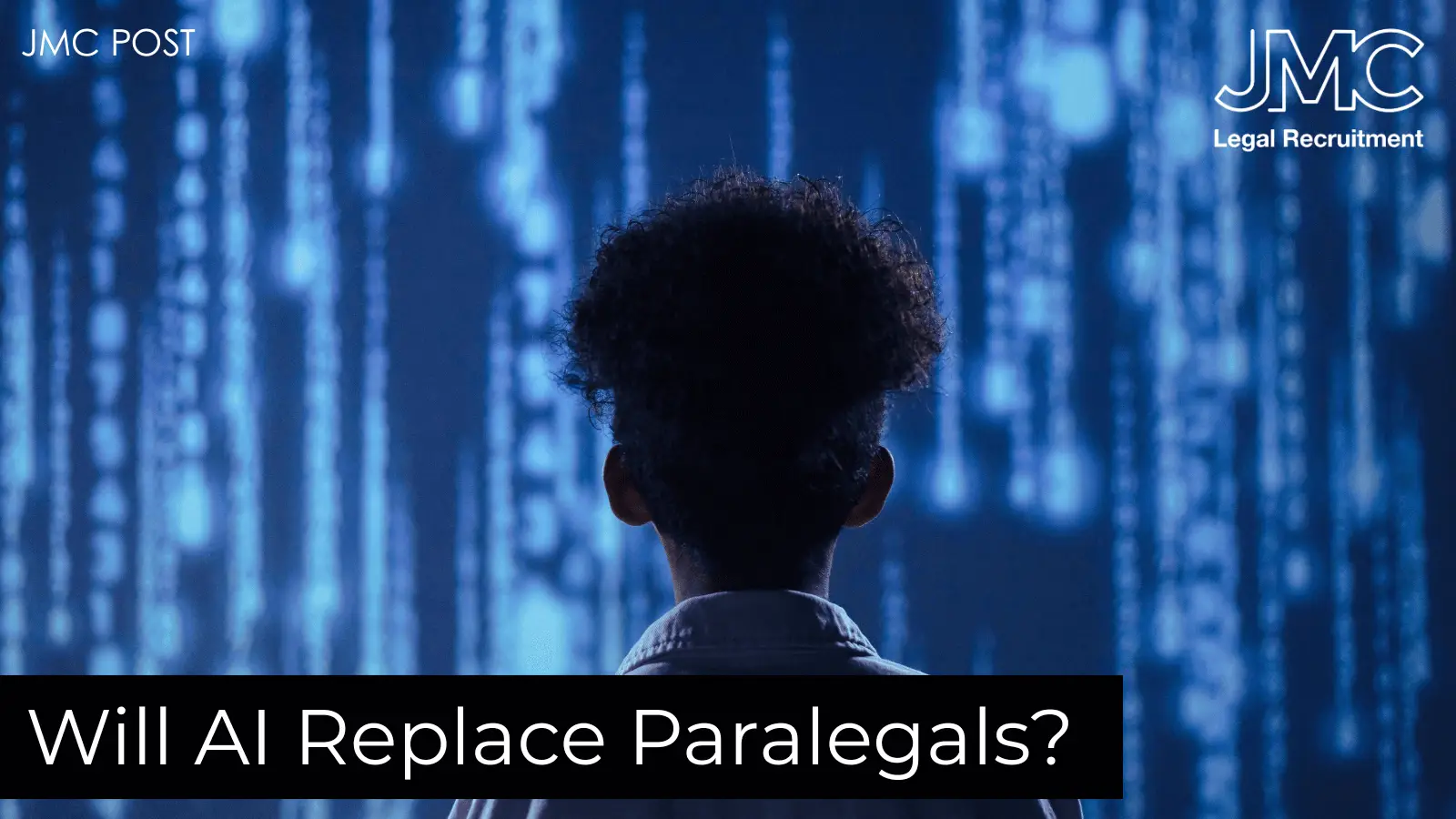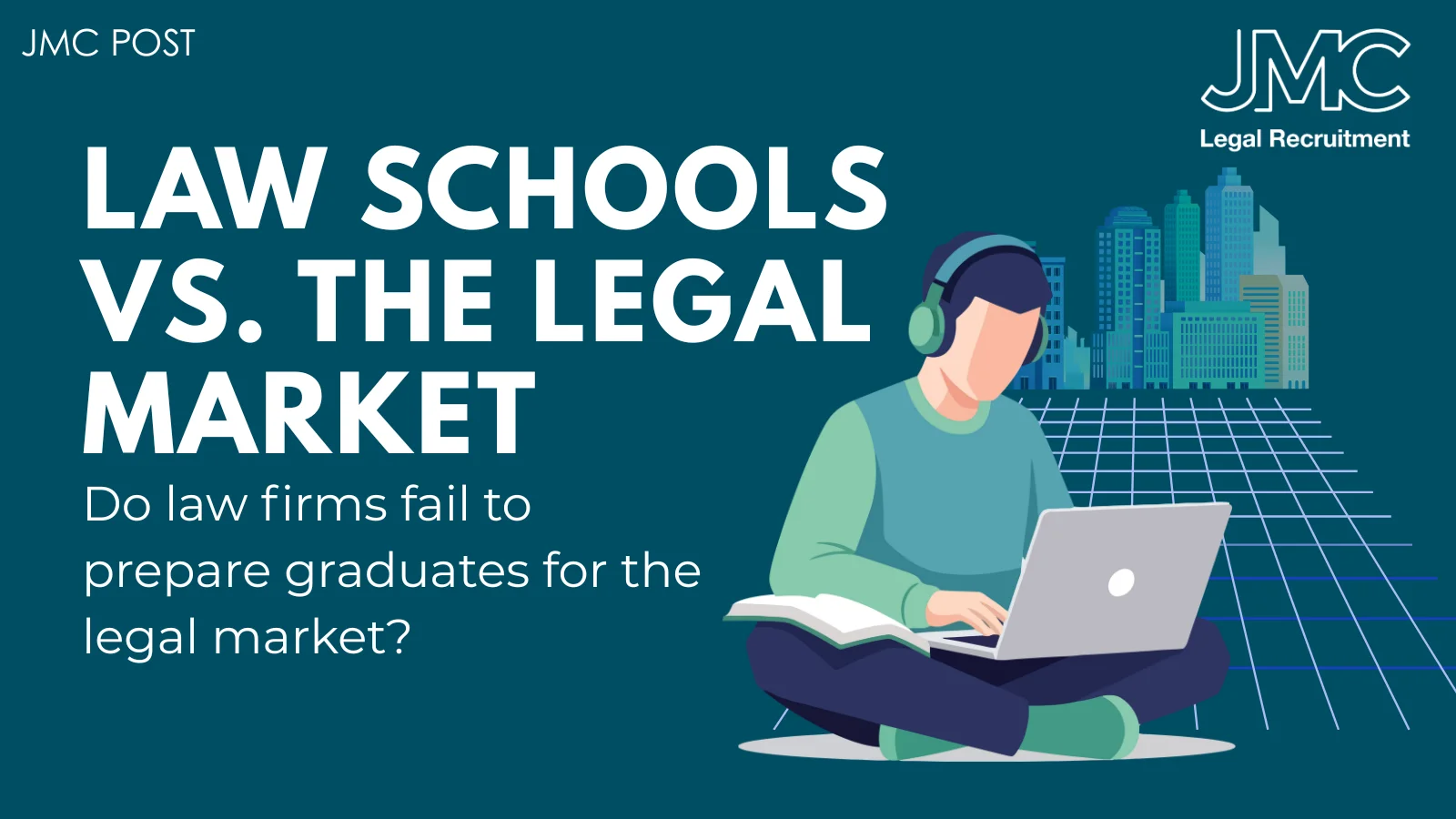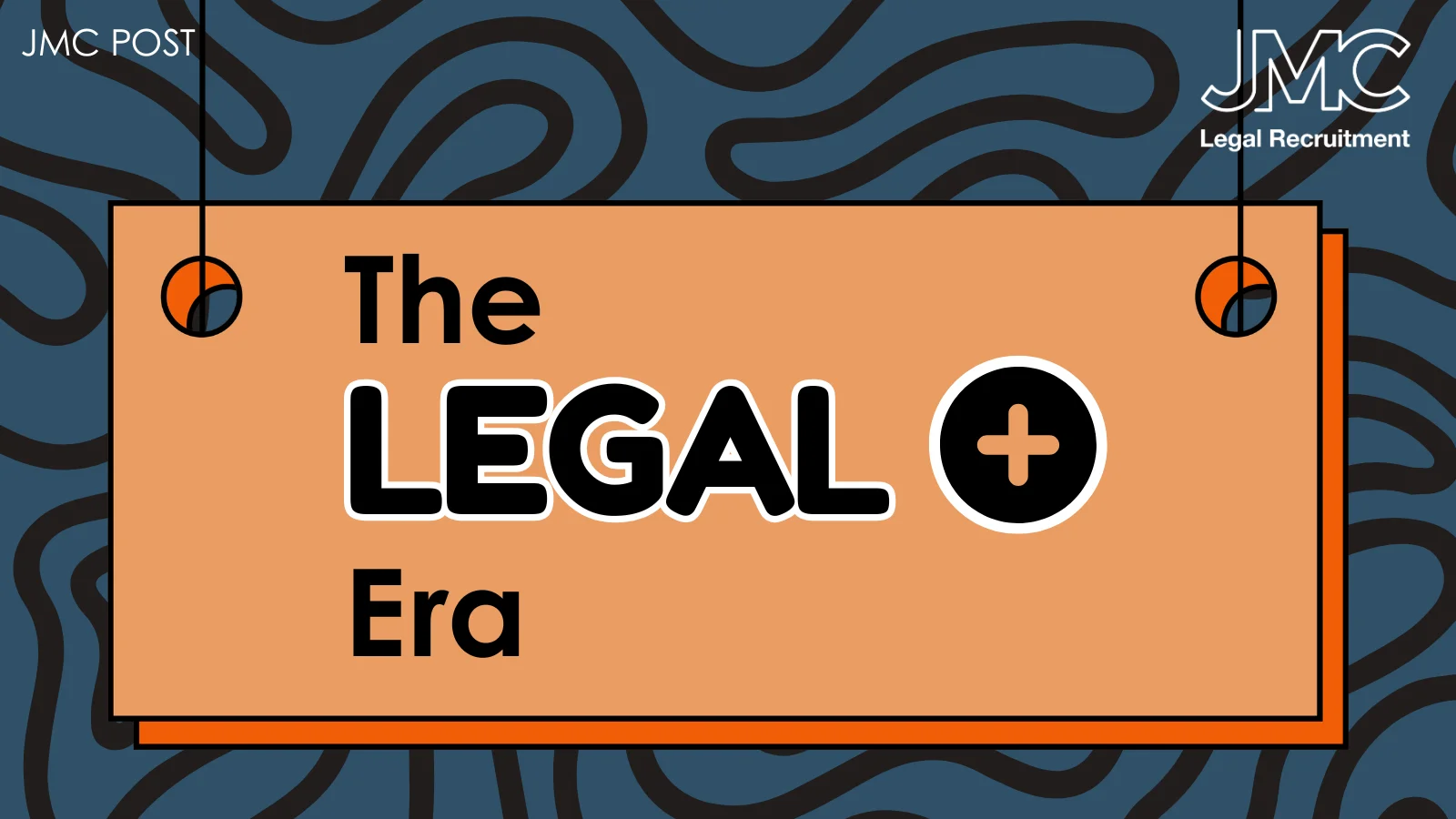
Will AI Replace Paralegals?
05 Aug, 20256 minutes
Will AI Replace Paralegals?
Discover how artificial intelligence is reshaping paralegal work and why the smartest paralegals are leaning in, not losing out.
Yesterday, I uploaded four hours of audio recordings into an AI tool and within seconds, I had a summary of the key points, neatly formatted and easier to digest than my morning coffee. What would’ve taken me the best part of a week was done in under a minute. I sat there, half amazed, half horrified… thinking, “What else could this thing do?”
If you're a paralegal reading this, I wouldn’t blame you for feeling a flicker of panic. After all, the tasks that AI excels at like summarising, researching and reviewing documents… well they sound a lot like the bread and butter of a traditional paralegal role.
So, let’s ask the question that’s been hovering like an unwelcome guest at a networking event.
Is AI going to replace paralegals?
AI as a Game-Changer (But Not the Grim Reaper)
AI is transforming the legal profession. There’s no denying that.
In fact, legal tech companies like Harvey, DoNotPay, and even Microsoft Copilot are now integrated into day-to-day operations of major firms, and a Business Insider article this month revealed that an AI-powered legal assistant called "Lawrence" passed part one of the Solicitors Qualifying Exam with a 74% score, significantly above the average human pass rate of 55–65%.
So yes, it’s smart. And yes, it’s fast. But is it replacing the people behind the job titles? Not quite.
Let’s bring in some perspective.
A 2024 report by Goldman Sachs estimated that 44% of legal tasks could be automated. That sounds scary, until you remember that “task” doesn’t mean “job.” Automating part of a paralegal’s workload doesn’t mean automating all of it. Research from the World Economic Forum reinforces this, predicting that AI will create more jobs than it displaces, especially in knowledge-based sectors like law.
The George Washington Experiment: Man vs Machine
To really test this theory, Professor Toni Marsh at George Washington University conducted an experiment: she split her paralegal studies class into two groups. One used ChatGPT to draft a basic business contract, and the other relied on traditional legal research and drafting skills.
The result? The AI-using group finished 15 minutes earlier but only after several rounds of prompting, refining, and checking. In other words, it was faster… but needed a human touch at every stage to get the job done properly.
And that’s the point.
AI is a brilliant assistant. But it’s no replacement for human expertise.
The Human Touch Still Wins
Paralegals bring something AI simply can’t replicate: human understanding, empathy, and the ability to navigate the messy nuances of legal work.
Let’s be blunt, AI can’t build trust with a client. It can’t anticipate when a solicitor wants something done without being asked. It doesn’t know when someone’s being difficult versus when they’re just scared. These softer skills are what elevate a paralegal from support staff to indispensable team member.
And if we’re being honest, using AI to handle the dull, repetitive stuff should be a blessing. It frees up paralegals to work on more stimulating, strategic tasks. Things that build careers, not just folders.
The Power of Prompting
Here’s the catch: using AI well requires a new skillset; prompt engineering.
You don’t get quality out unless you put quality in. Knowing how to instruct AI clearly, revise outputs, check for hallucinations (yes, it makes stuff up), and ensure it’s legally accurate, that’s an art form. And paralegals, with their mix of legal knowledge and process skills, are perfectly placed to master it.
Let’s not forget: current tools like ChatGPT-4 (unless connected to a live legal database) don’t pull in new case law, recent legislation, or jurisdiction-specific procedural changes. AI needs you to know what’s changed and where to check.
AI Adoption: Paralegals at the Frontline
Interestingly, a Clio survey found that 62% of law firms adopting AI are leaning on paralegals to test and evaluate these tools. You are, whether you know it or not, on the front line of this transformation.
Far from being replaced, paralegals are becoming translators between AI and lawyers,nturning vague instructions into clean prompts, refining drafts, checking outputs, and ensuring the end product is something you’d actually want to send to a client.
In short, you’re not being phased out. You’re being upgraded.
Fiction vs Future: No, Your Job Isn't Over
Let's bust the myth once and for all:
“AI will replace all paralegals.”
❌ False.
“Paralegals who don’t use AI will fall behind.”
✅ Absolutely true.
Rather than resisting it, the smart move is to lean into the change. Understand the fundamentals of your job, legal reasoning, structure, compliance and layer AI on top. Use it as your digital sidekick, not your competitor.
Because while AI can do a lot, it can’t:
- Pick up on a client’s nervous tone over the phone
- Interpret ambiguous instructions from a time-poor lawyer
- Decide whether a precedent fits the specific context of a case
- Build relationships and trust
You can.
Final Thoughts: Embrace, Don’t Replace
At JMC Legal, we speak with law firms and professionals daily and the message is clear: AI is here to stay. But it’s not here to take over. The paralegals of tomorrow will be hybrids: legally astute, tech-savvy, emotionally intelligent, and strategically indispensable.
If you’re a paralegal today, ask yourself:
- What tasks am I doing that could be streamlined with AI?
- Where can I add more value with the time saved?
- How can I sharpen my prompting, research, and review skills?
- Can I become the AI champion on my team?
Because AI isn't the end of the road. It’s a new lane on the motorway and the firms (and individuals) who embrace it will get ahead fastest.
And if you're still unsure, just upload four hours of audio into ChatGPT like I did and prepare to have your mind blown.
Related Articles:
[Training Contract Myths- Busted]
[AI & Automation in Financial Services]
[The Truth About AI In-House Lawyers Need To Know]



